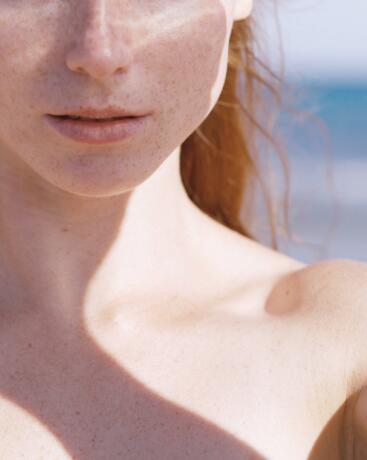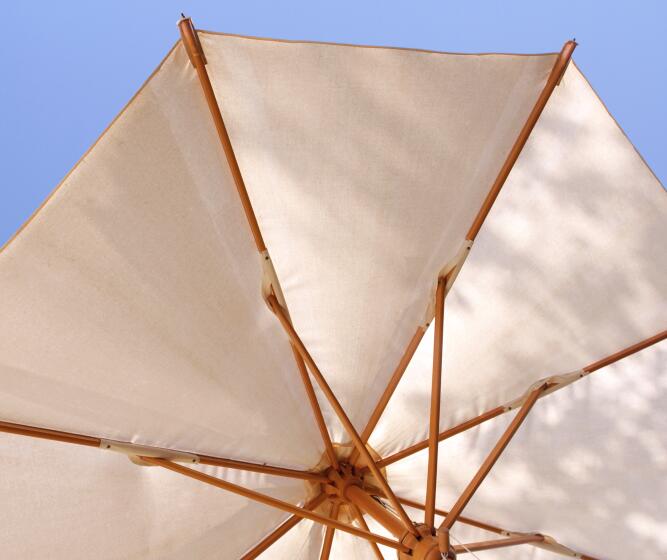Choosing the right sun protection
You still need to know how to choose between all the different sun creams that are available on the market. There are many factors to consider when making a decision:
- Sun conditions (season, latitude, altitude, with or without snow)
- Length of exposure (cruising, hiking, sunbathing)
- Area to be protected (areas that are usually uncovered as opposed to covered)
- Phototype, skin type (dry, reactive, allergic or oily) and your allergic or photoallergic history
- The UVB and UVA protection index to protect against skin ageing and the risk of solar cancers.
- Lifestyle: sporty, urban, stressful, etc.
REQUIREMENTS FOR GOOD SUN PROTECTION
A sun protection product should :
- Provide a minimum SPF (Sun Protection Factor) of 6
- Provide a minimum UVA protection equivalent to 1/3 of the SPF given on the label
- Cover the longest UVA rays: a minimum critical wavelength of 370 nm.
CHOOSING THE RIGHT SUN PROTECTION
The SPF (Sun Protection Factor) of a product indicates its UVB protection level. UVB rays are the most dangerous because they burn the epidermis and cause sunburn on skin that is insufficiently protected by melanin pigments (UVB rays are the cause of 90% of skin cancers). But UVA rays are not harmless. Far from it: they penetrate deeper into the dermis and destroy the collagen and elastin fibres that keep the skin toned. These rays are therefore the primary cause of skin ageing.
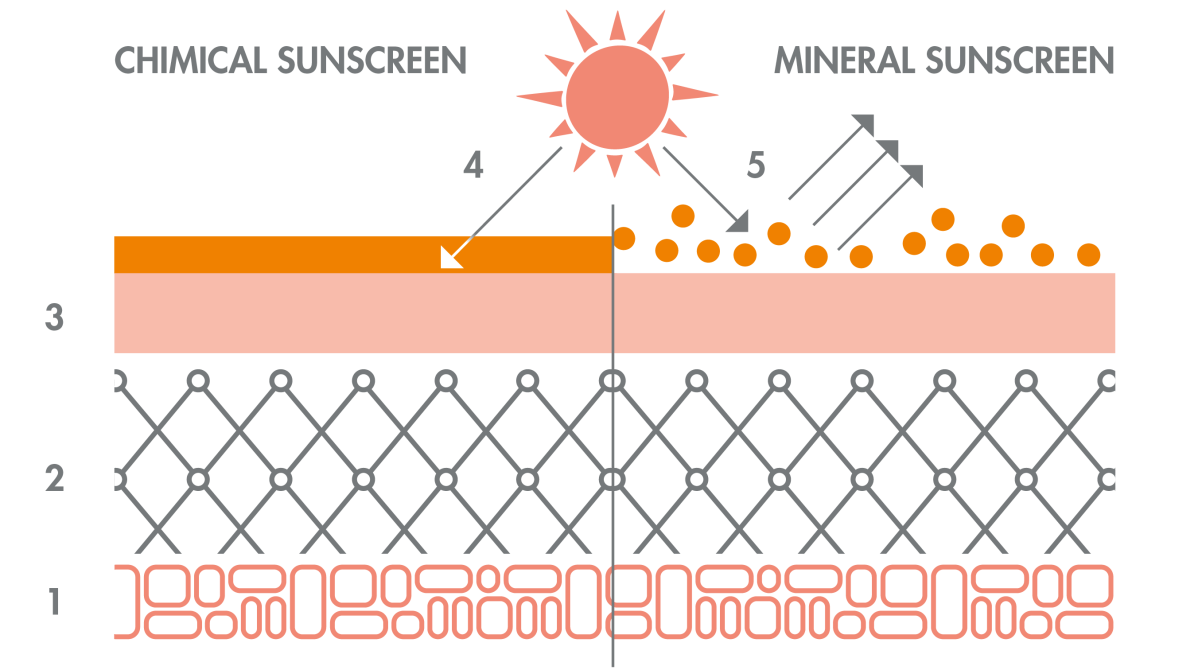 1: Epidermis -
2: Dermis -
3: Hypodermis -
4: Absorption -
5: Reflection - distribution
1: Epidermis -
2: Dermis -
3: Hypodermis -
4: Absorption -
5: Reflection - distribution
The different SPFs
There are 4 categories of sun cream products according to SPF:
- Low protection : SPF 6 or 10
- Medium protection : SPF 15, 20 or 25
- High protection : SPF 30 or 50
- Very high protection : SPF 50+
However, in the high protection range, the difference between the two highest forms of protection becomes minimal, since an SPF 30 product filters out 96.7% of UVB rays compared to 98% for an SPF 50 product.
FRIENDLY, EXPERT ADVICE
Respect the instructions for use!
Whatever your chosen SPF, the most important thing is to apply sun protection generously and regularly. It has been proven that a 50% reduction in the recommended amount to apply leads to a 75% reduction in efficacy. In other words, an SPF20 or SPF30 product applied liberally and regularly throughout the day is often more effective than an SPF50 product applied only once a day.
How to apply sun cream properly
- Read the instructions and precautions for use carefully before using a product for the first time.
- Apply your product evenly to all exposed parts of the body before going out in the sun.
- Repeat sun protection application, especially in the event of prolonged sun exposure and/or after bathing, towel drying or sweating
- Apply enough product: not applying enough sun cream significantly reduces the level of protection against sun exposure
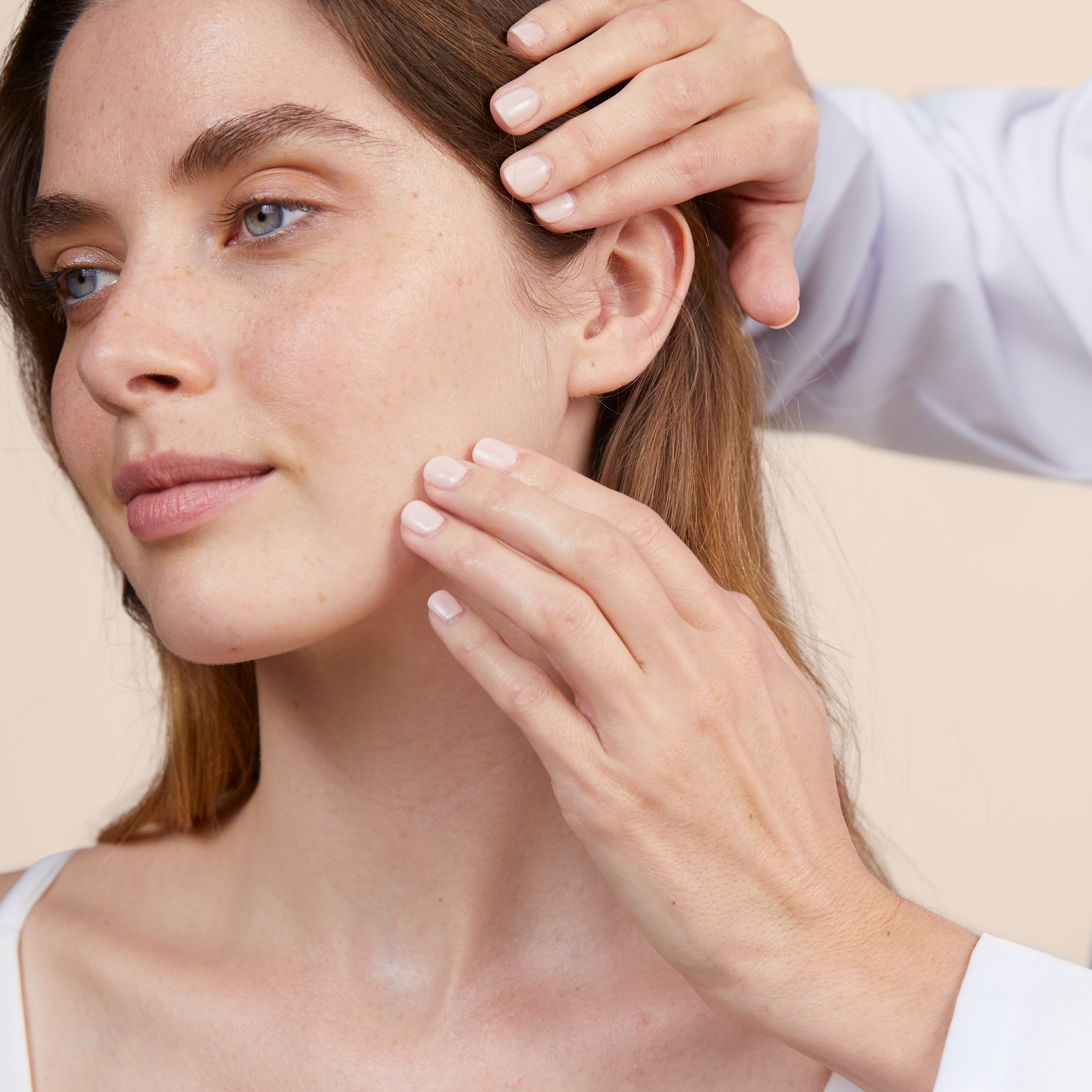
Which level of SPF suits each phototype?
The choice of SPF should be determined by sun intensity, the duration of sun exposure and individual phototype. The fairer the skin (phototype 1), the higher the SPF should be.
Phototype I
This skin type is very fair and milky-coloured, often with freckles. The hair colour is usually red. Even very short sun exposure will cause sunburn and they hardly tan at all. It is essential that this group stays protected from the sun.
Recommended SPF: 50+
Phototype II
Fair skin, sometimes with freckles and blond hair. These people almost always get sunburned, but they do tan lightly and have a light tan at the end of their holiday.
Recommended SPF: 50+
Phototype III
These people are blond or brown-haired, with light or dark skin. They may get sunburnt with early sun exposure, but then develop a classic golden tan. The colour of the eyes and hair is important. Phototype 3 blonds or those with light eyes age more rapidly than brunettes with dark eyes under repeated sun exposure.
Recommended SPF: 30 or 50.
Phototype IV
This group is made up of people with dark skin and brown hair who rarely get sunburnt. They tan easily.
Recommended SPF: 20 or 25.
Phototype V
These are dark-skinned people who very rarely get sunburnt and tan very quickly. They have a dark tan.
Recommended SPF: 20 or 25.
Phototype VI
This group is made up of people with black skin and dark eyes who are very resistant to sun exposure. A low SPF sun cream is sufficient for them.
Recommended SPF: 10 (and 20 to 25 for the lighter parts of the skin).
Choosing the right texture
When choosing the texture, there are two indicators to remember: personal preference and skin type. The drier the skin, the more oily the texture you might choose. As such, sun creams are suitable for dry skin, fluid protection for combination to oily skin, and so on. The choice of texture or format of your sun cream can also depend on the area of the body to be protected and the application methods you prefer: spray, milk, stick, etc.
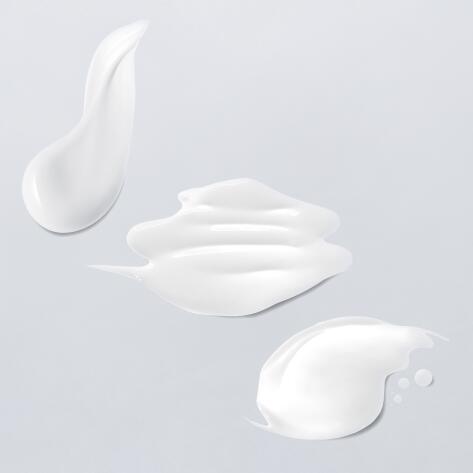
Choosing an Avène product means that you benefit from our 30 years of research and innovation in sun care.
?Which Eau Thermale Avène range suits each skin type?
Sensitive skin
For children and adults
The orange range is for you
Hypersensitive skin, intolerant to chemical filters and perfumes
For children and adults
The mineral range is the one for you
Sensitive skin
For children and adults
The sunless range is for you
FRIENDLY, EXPERT ADVICE
A sunscreen never gives absolute protection!
The terms “sun block” and “total protection” have now been abandoned because no sun cream product can guarantee total protection against UV rays. Since 2006, SPF above 50 (60, 80 and even 100%) have been grouped by the European Commission into a single 50+ index. This measure was taken to protect consumers from thinking that with an SPF of 100% they could stay in the sun all day without needing to reapply sun cream and without suffering the effects of the sun on their skin.
Choosing the right sun protection for your lifestyle
Your lifestyle also affects the type of sun protection you choose.

Sun and sport
Sport is risky in the sun, especially outdoors where you are exposed to the reflection of the sun’s rays. In the heat of the moment, you’re also more likely to forget to apply your sun cream every two hours. You should therefore choose protection that is adapted to your movements, with a texture resistant to water and perspiration.
Preparing your skin for the sun
Protecting your skin during sun exposure is essential. But you can also take care of it beforehand by preparing your skin for the sun, especially through dietary supplements and a suitable diet. And to prolong the effects of your tan, it’s also important to take care by soothing your skin after sun exposure.
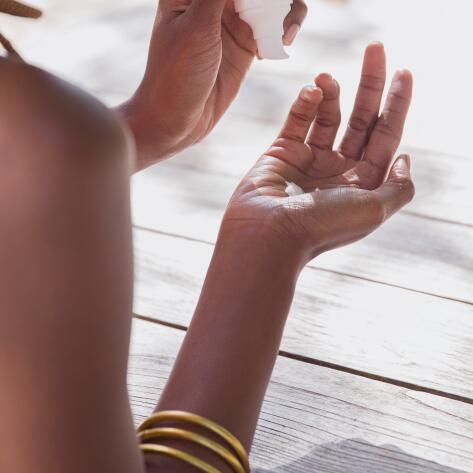
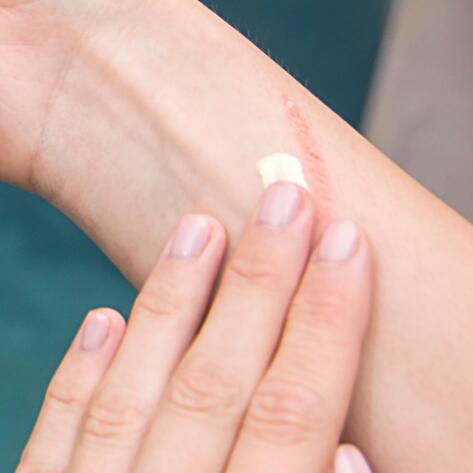
Protecting scars
Scars don’t like the sun. A scar which is exposed to the sun can leave a permanent mark on the skin. During the first few months of your scar's life, it is best to avoid exposing it to the sun. After six months, once the scar has turned white, it should be protected with a suitable high protection cream. And this is the case for life.
Protecting your moles
The more moles an individual has, the greater the risk of developing melanoma: 35% of these cancers develop from an existing mole. It is therefore essential to effectively protect your skin from the sun in order to limit the appearance of new moles as much as possible, with a sun cream adapted to your skin type. In addition, overexposing existing moles has an influence on the development of lesions that may become cancerous.
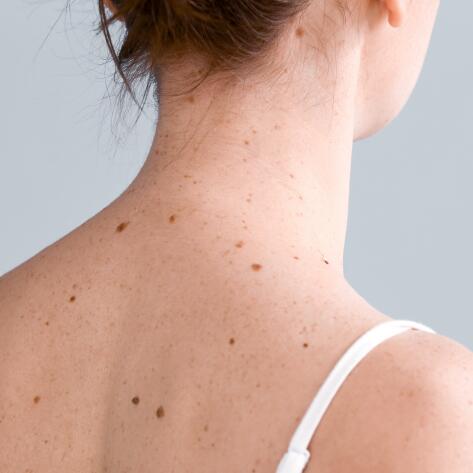

SPF50+ SUN MILK
A very effective product with a truly pleasant texture that doesn’t leave any traces and spreads very easily. I really like it on my intolerant skin - it's one of the only ones I can stand!
MORE
- The benefits of and the damage the sun does to your skinThe benefits of and the damage the sun does to your skin
Sun and allergies, sun spots, sun damage, sun and treatments, skin aging, etc. The
most complete catalogue available of the effects of sun exposure on the skin, from the most
anecdotal (sunburn) to the most serious (skin cancer). Repeated and intense exposure
of certain parts of the body to the sun appears to be a factor in the development of
melanoma, one of the most serious forms of skin cancer.
NEWSLETTER
We're always here for your skin!
All our advice on how to take care of your skin day to day.

Which skin care routine should you adopt?
Identify what it really needs with the help of our experts and discover the most suitable skin care routine for you.

